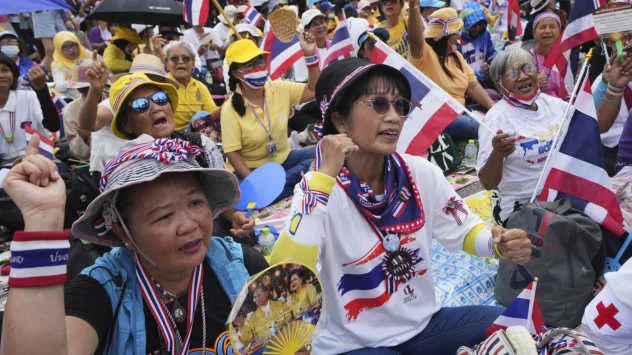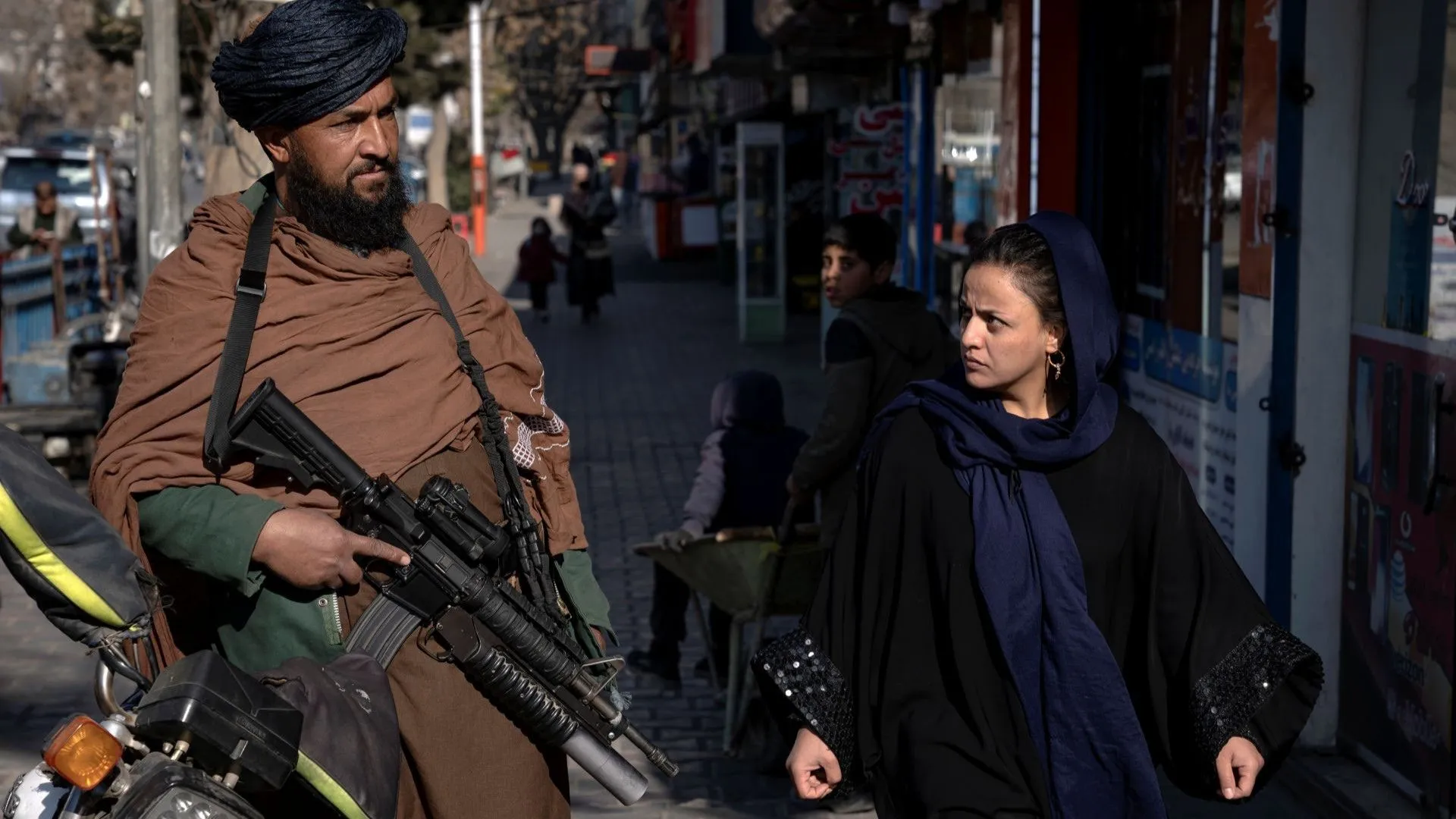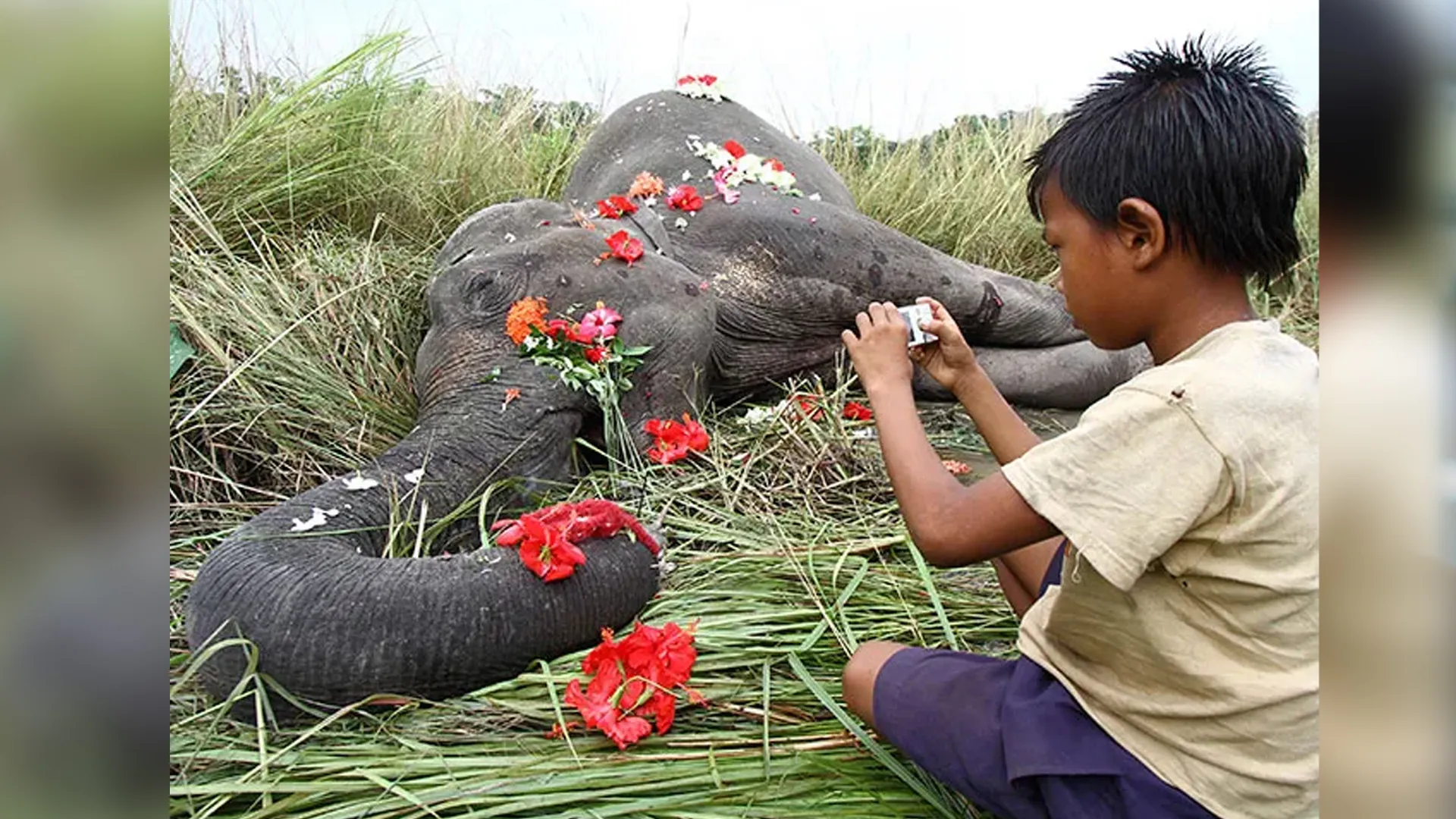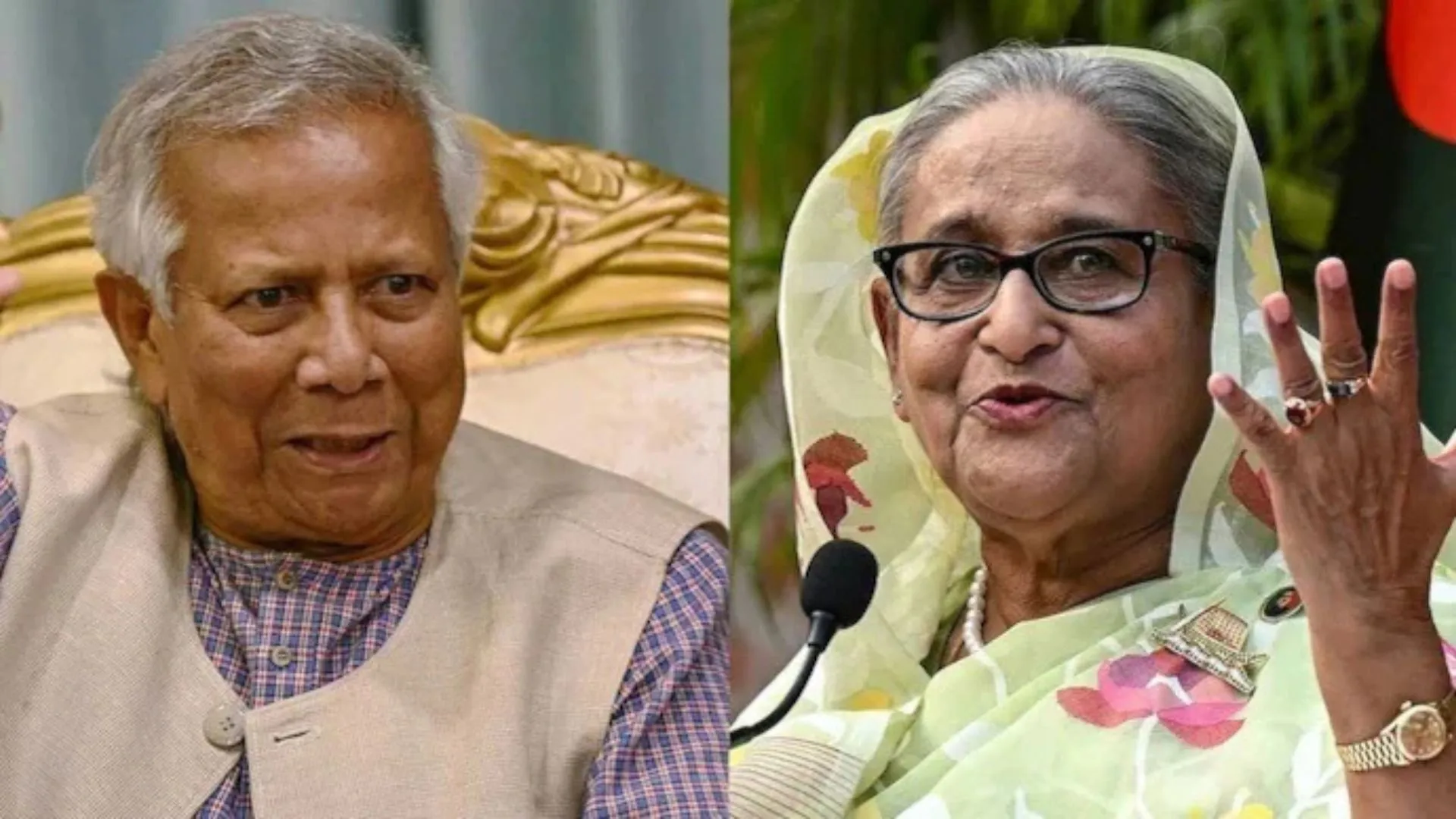Thousands of people gathered in Bangkok on Saturday, demanding Thai Prime Minister Paetongtarn Shinawatra resign. The protest followed a leaked phone call between her and Cambodia’s former Prime Minister, Hun Sen. The call sparked a political storm and investigations that could force her out of office.
Border Tensions Add Fuel
The public outrage grew after a deadly border clash on May 28 between Thai and Cambodian troops. One Cambodian soldier died in the disputed zone. Critics believe Paetongtarn failed to handle the situation strongly.
In the leaked phone call, she appeared to criticize a senior Thai military commander and seemed to seek favor with Hun Sen, who now heads Cambodia’s Senate. Many Thais saw her tone as too soft and accused her of disrespecting national sovereignty.
Protesters Rally in Central Bangkok
Waving national flags and holding protest signs, demonstrators filled the streets near Victory Monument. Speakers on a large stage expressed patriotic messages, as the crowd chanted and sang songs with strong nationalist feelings.
“I’ve never seen such a weak prime minister,” said Tatchakorn Srisuwan, a 47-year-old from Surat Thani. He traveled to the capital overnight to join the rally. “We don’t want to invade anyone, but we are Thai and we want to protect Thailand’s sovereignty.”
Old Political Rivals Return
Many protest leaders were from the “Yellow Shirts,” a group that supports the monarchy and opposes the Shinawatra family. They previously led major protests that triggered military coups in 2006 and 2014. Those coups removed Paetongtarn’s father, Thaksin Shinawatra, and her aunt, Yingluck Shinawatra, from power.
Thaksin reportedly has a close friendship with Hun Sen, which fuels more distrust among the protesters.
Cambodia Responds with Strong Words
Speaking at his party’s anniversary event, Hun Sen accused Thailand of violating Cambodia’s territory. “This poor Cambodia has suffered from foreign invasion, war and genocide,” he said, “but now Cambodia has risen on an equal face with other countries.”
He claimed the Thai military action was a “serious violation of Cambodia’s sovereignty and territorial integrity.” His strong statement stirred tensions further.
History of Disputes
Thailand and Cambodia have a long history of border disputes, especially around the Preah Vihear temple. In 1962, the International Court of Justice awarded the area to Cambodia. Clashes erupted there in 2011. The court reaffirmed the ruling in 2013, when Yingluck was in power.
Political Fallout at Home
The scandal has weakened Paetongtarn’s government. Her party, Pheu Thai, just lost its biggest ally—the Bhumjaithai Party. This leaves the coalition with only 255 seats in the 500-member House, barely above the majority line.
She also faces serious investigations. The National Anti-Corruption Commission is reviewing whether she broke ethical rules during the call with Hun Sen. Its chief, Sarote Phuengrampan, confirmed the probe but gave no timeline.
The Constitutional Court may soon decide whether to hear a petition to remove her from office. If accepted, she could be suspended while the investigation proceeds.
Paetongtarn Responds
Despite mounting pressure, Paetongtarn remains defiant. “It was clear from the phone call that I had nothing to gain from it,” she said, “and I also didn’t cause any damage to the country.” She has promised to cooperate with the investigation.
Last year, the court removed her predecessor from the Pheu Thai party for violating ethics. Thailand’s courts, especially the Constitutional Court, often side with the royalist establishment and have a history of removing elected leaders.























